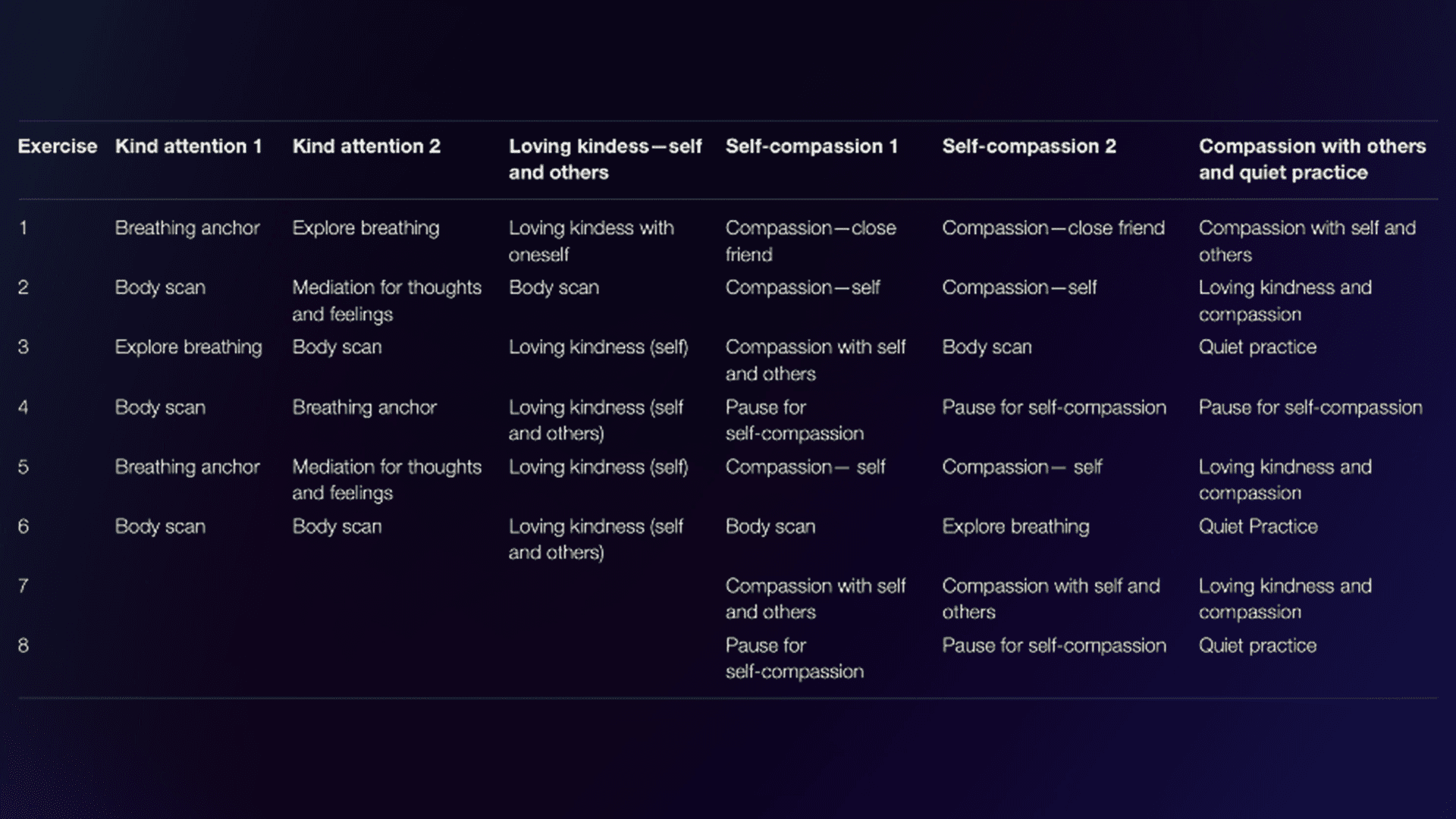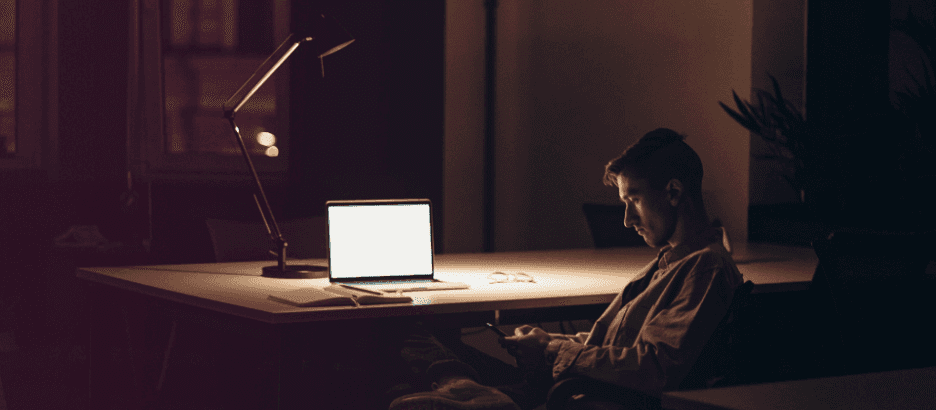How To Stay Sane In a Crazy World: Mental Self-Care Tips for a Busy Professional
As business professionals, fathers, mothers, partners and modern-day humans we face several challenges throughout the day that can cause us to feel stressed or anxious. Using tools like Mind Bank Ai can help create a habit of mental self care by simply taking a few moments everyday to self-reflect and record the wisdom of the day. Here are a few other mental self-care techniques and tools that every busy professional can have to make sure they stay sane.
Tools for Self-Care
Mind Bank Ai is a personal digital twin platform that helps you self-reflect with a simple voice journaling interface. The tool that can help reduce stress levels by giving you the information to assess how you are feeling at a given moment and help you self assess your life through self-reflection. Each answer builds the wisdom of your digital twin so that over time you get a more accurate representation of you and in the process you learn about yourself. The platform analyzes your answers and produces things like sentiment analysis, topic analysis, and psycholinguistic personality scoring. This is a great tool for anyone that wants to store their wisdom, grow through self-reflection, with the added bonus of living forever through their personal digital twin.
Deep Breathing
I know I’m not the only person who wants to take a 10 second, full-body, deeply focused breath when I’m feeling stressed out or anxious. This could be one of the most beneficial self-care techniques to help ground your mind, feel more connected to the present moment, and work through your immediate concerns. Just before we start with following deep breathing techniques to relieve stress remember to choose a place to do your breathing exercise. It could be in your bed, on your living room floor, or in a comfortable chair. Don’t force it, cause this can make you feel more stressed. Try to do it at the same time once or twice a day and wear comfortable clothes. If you are ready, let’s get started.
Get comfortable. You can lie on your back in bed or on the floor with a pillow under your head and knees. Or you can sit in a chair with your shoulders, head, and neck supported against the back of the chair.
Breathe in through your nose. Let your belly fill with air.
Breathe out through your nose.
Place one hand on your belly. Place the other hand on your chest.
As you breathe in, feel your belly rise. As you breathe out, feel your belly lower. The hand on your belly should move more than the one that’s on your chest.
Take three more full, deep breaths. Breathe fully into your belly as it rises and falls with your breath.
Mindfulness and Compassion
Self-compassion involves three elements: (1) self-kindness (vs. self-judgment), (2) common humanity (vs. isolation), and (3) mindfulness (vs. over-identification). Self-kindness entails being warm and understanding toward yourself when suffering. And finally, according to the general definition of Dr Jon Kabat-Zinn, mindfulness means to be mindful in a particular way: intentionally, in the present moment, and nonjudgmentally, but according to Neff and Germer, mindfulness in the context of the concept of self-compassion is narrower and refers to “the balanced awareness of negative thought and feelings involved in personal suffering”. One study has shown that training in mindful self-compassion can increase self-compassion, reduce self-coldness, and relieve stress and burnout symptoms. The six steps of this program for mindful self-compassion, developed by Dr Anna Schenström, are shown in the table below. The beauty of this program is that a new exercise is available only after the previous exercise has been completed in the prescribed order.

Mind_Bank_Ai_Mindfulnes_Program
Credit: Mindful Self-Compassion Training Reduces Stress and Burnout Symptoms Among Practicing Psychologists: A Randomized Controlled Trial of a Brief Web-Based Intervention
In total, the 6-week program includes 10 hours of exercise; about 15 minutes of exercise per day, 6 days per week. The program involves an initial instruction video that provides an outline of the program and informs of the procedure involved in using the program.
Click on the links below, which include podcasts and guides, to the exercises from this program:
This is a lesson that came from my own life experience, not that I am any different than anyone else. When I did not get enough sleep, had less than a nutrient-rich diet, was stressed out at work and home, was not eating well, or not having good relationships, I was easily tempted into negative thinking and feelings. So, to stay sane and positive I need to take time each day to refresh, detoxify and meditate. I think of a detox as going on a cleansing fast in which you eat healthy foods, exercise daily and give your body the rest it needs to feel healthy again. It can also include taking some type of ritual or meditation to rejuvenate the mind, body and soul.
I hope this guide has helped you to be more prepared in your daily schedule. Use it for better balance, better focus, better health and better productivity. I hope you found this guide helpful.








